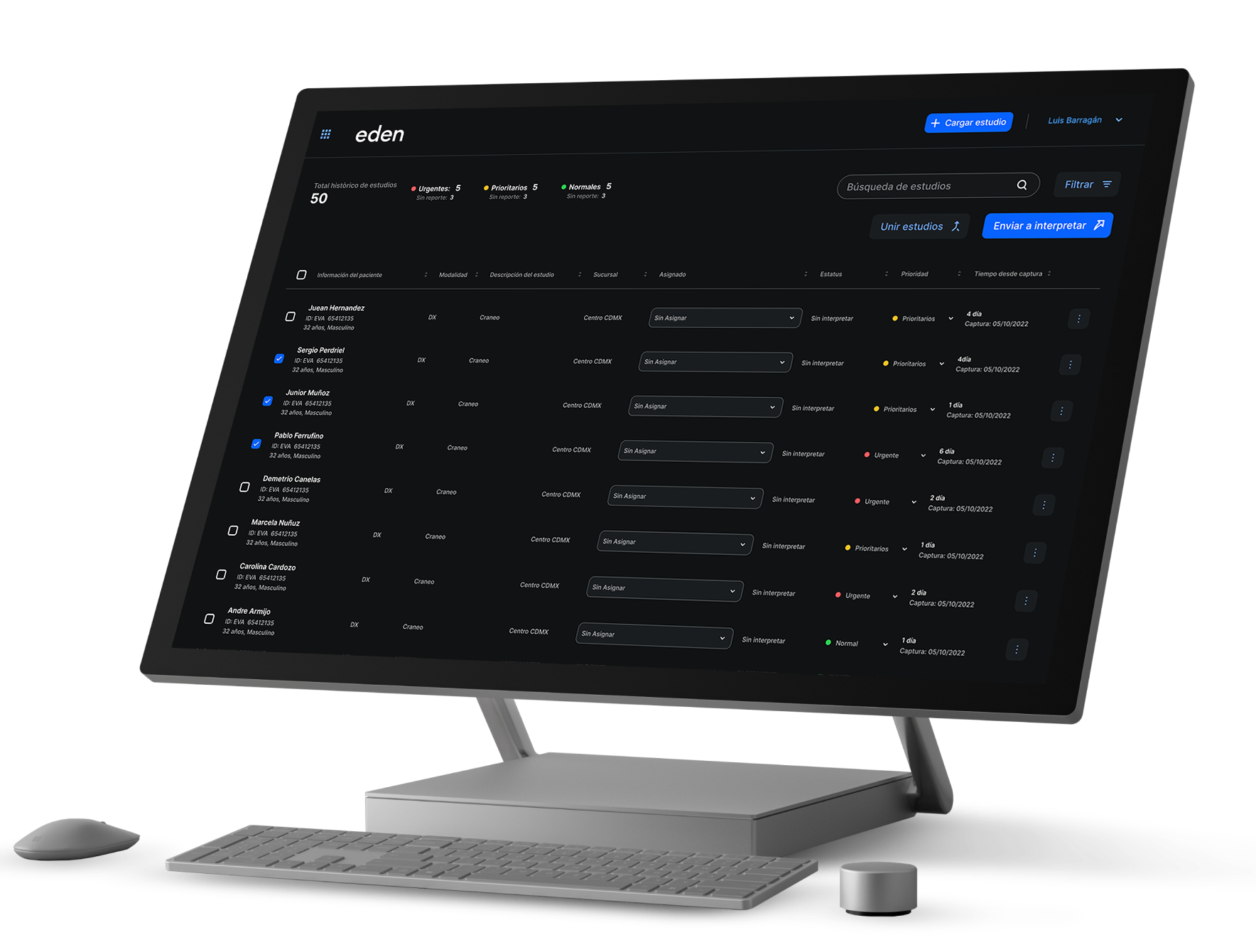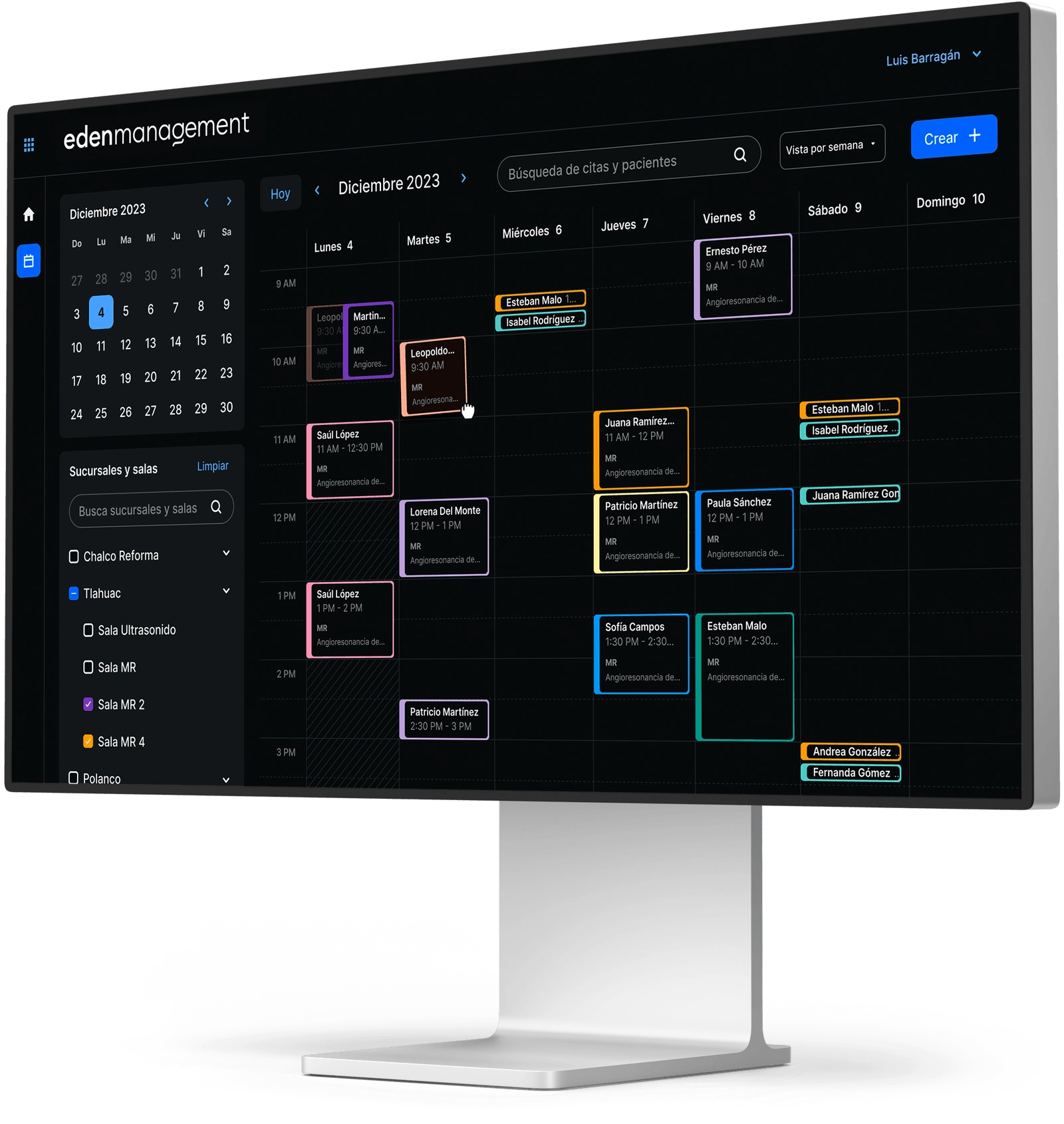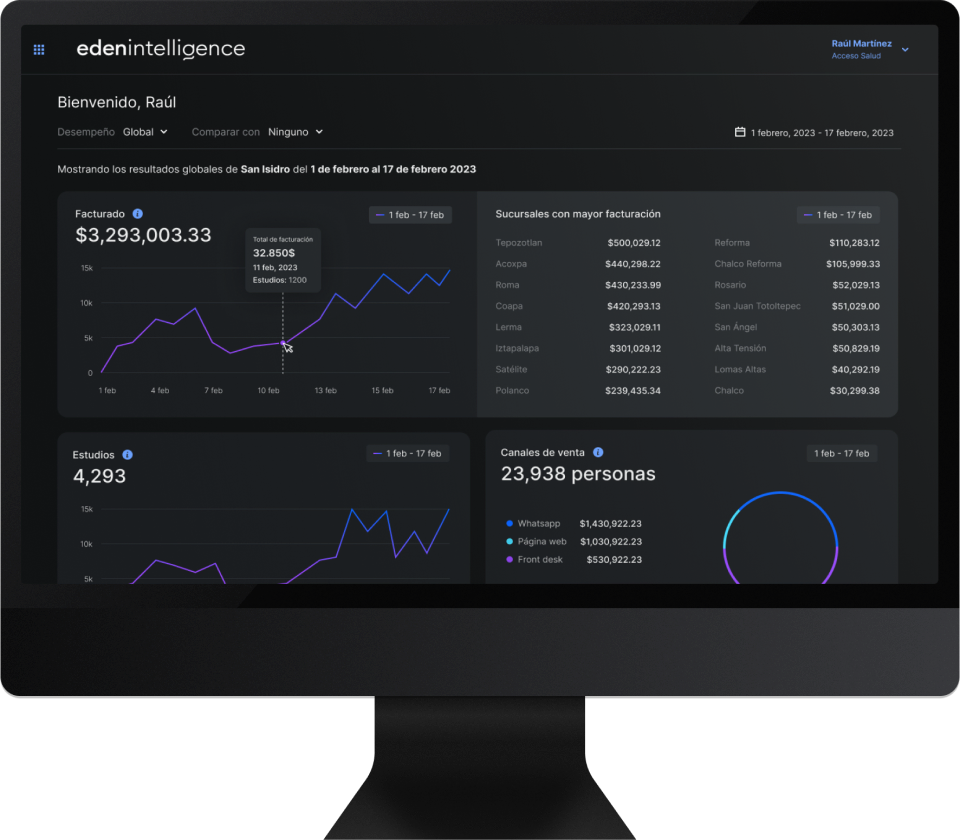Healthcare has undergone significant change thanks to cloud computing, especially in the context of the Covid-19 pandemic. During the total lockdown and travel restrictions around the world, this technology has played a critical role in allowing doctors, pathologists, phlebotomists and patients to access healthcare services remotely and effectively. Physicians have conducted teleconsultations and telemedicine, phlebotomists have used mobile applications to collect samples in real time, and patients have been able to review their reports online from the comfort of their homes. Cloud computing has thus demonstrated its power in healthcare.
In recent times, the healthcare industry has undergone a transformation in the way it stores, generates, consumes and exchanges data. From traditional data storage to the digitization of medical records, a long way has come in this area.
References on the importance of cloud storage
According to a Monroe Partner survey report, one-third of the healthcare companies surveyed already have half of their data stored in the cloud. This shows that the healthcare sector has been one of the fastest to adopt cloud computing. However, its adoption goes beyond technical aspects, as it is also used to improve operational efficiency and optimize workflows. According to a BCC research report, the global cloud computing market in the healthcare sector is expected to reach $35 billion by 2022, showing significant growth of 11.6%.
Cloud computing is transforming the healthcare industry in a variety of ways. On the one hand, it has reduced operating expenses and enabled providers to provide personalized, high-quality healthcare. This is because cloud computing offers computing resources on demand, such as computing power and data storage, eliminating the need to purchase and maintain expensive servers and hardware. By storing data in the cloud, healthcare providers only pay for the resources they use, reducing overall costs.
Contribution to the medical industry
In addition, cloud computing provides access to powerful analytical capabilities, allowing for the processing of large data sets and the use of artificial intelligence. This facilitates medical research and the formulation of personalized care plans for each patient. It also promotes interoperability, meaning that patient data is available and can be shared between different systems and healthcare providers, improving the planning and delivery of medical services.
Ownership of patient data is also benefited by cloud computing. Patients have greater control over their health records and are actively involved in decisions related to their health care. In addition, cloud storage facilitates the archiving and retrieval of medical images and patient records, improving accessibility and reducing data redundancy.
Telemedicine is another area where cloud computing plays a critical role. Remote accessibility is improved through cloud-based telehealth applications and systems, allowing for appropriate healthcare and an improved patient experience. The exchange of medical data and remote care become more convenient, ensuring timely care during all stages of treatment.
Challenges of digitization and cloud storage in the medical industry
However, despite the benefits, there are also challenges in implementing cloud computing in healthcare. Data security and compliance with regulations, such as the Health Insurance Portability and Accountability Act (HIPAA), are important concerns. It is essential to ensure the protection of confidential medical information and to comply with established security standards. In addition, system downtime is another challenge, since although the cloud is more reliable, occasional periods of inactivity can occur. It is necessary to carry out adequate planning and design cloud applications taking into account possible failures.
Despite these challenges, the future of cloud computing in healthcare looks promising. The cloud's ability to store, access and share data is essential for building an efficient healthcare system that is adaptable to current needs. As challenges are overcome and adopted more broadly, cloud computing is expected to continue to transform the healthcare industry, providing benefits to both providers and patients, and encouraging innovation and collaboration in the sector. The 2020 pandemic will remain a milestone that demonstrated the value and usefulness of this technology.



















